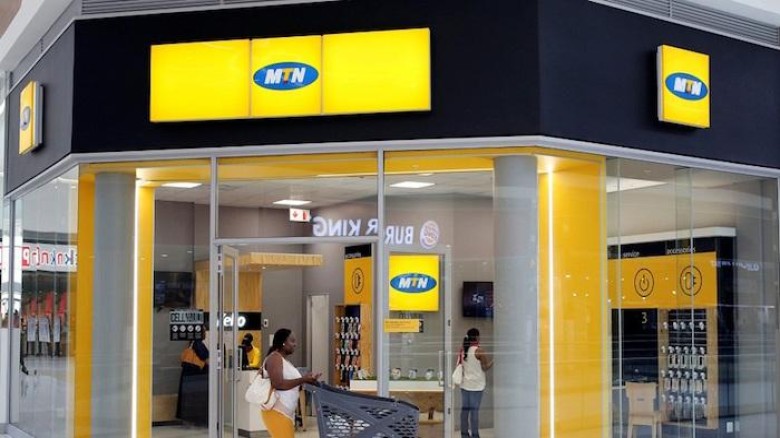Uber-owned Careem to exit Pakistan as economic pressures mount
Careem, the ride-hailing company based in the Middle East and owned by Uber, will halt its operations in Pakistan starting July 18, concluding a nearly ten-year presence in a market that it played a significant role in transforming.
The firm pointed to economic difficulties, increased competition, and limited capital as reasons for its decision to cease operations, reflecting the wider struggles faced by Pakistan’s digital economy. "This was an incredibly tough choice," Careem’s CEO and co-founder Mudassir Sheikha stated in a LinkedIn update. "The harsh macroeconomic conditions, growing competition, and global funding allocation made it challenging to justify the investment levels necessary to provide a safe and reliable service in the country."
Careem made its debut in the Pakistani market in 2015 and quickly established itself as a key player, leading the way in app-based mobility while helping to normalize digital payments and ride-hailing for women in a traditionally conservative culture. However, the environment has evolved.
Newer competitors like Yango, backed by Russia, and Latin America’s inDrive have expanded their presence in major urban areas, providing lower-cost options that have squeezed Careem's market share.
Careem’s exit follows two years after its parent company Uber pulled out of Pakistan in 2022, solidifying its total withdrawal by 2024. This decision contributes to a series of cutbacks in Pakistan’s tech sector, where well-known startups such as Airlift, Swvl, VavaCars, and Truck It In have either closed or significantly downsized since 2022.
The nation’s digital industry has been hit hard by soaring inflation—reaching a peak of 38%—weak consumer demand, and a reduction in venture capital amid global economic instability. Globally, significant ride-hailing companies like Uber, Lyft, and Grab have also exited unprofitable markets, citing rising operational costs, stringent regulations, and slim profit margins.
Careem remains operational in other regions of the Middle East and North Africa.
























Leave A Comment